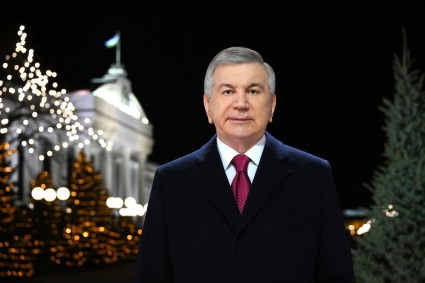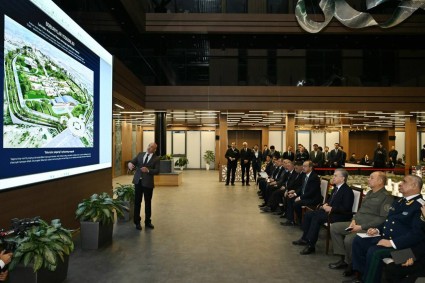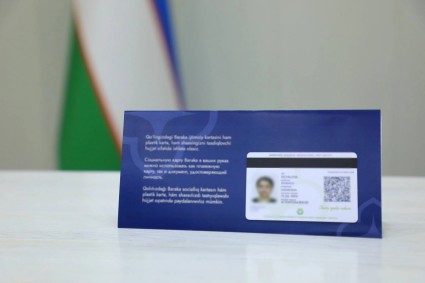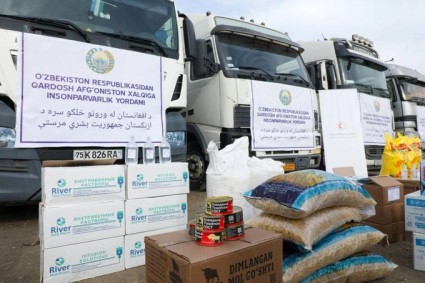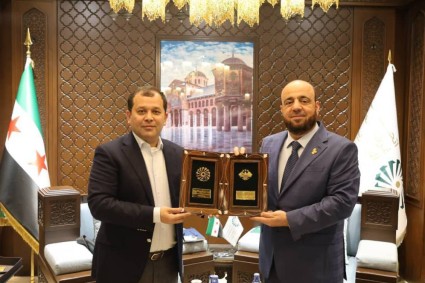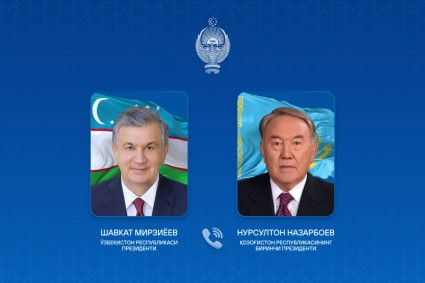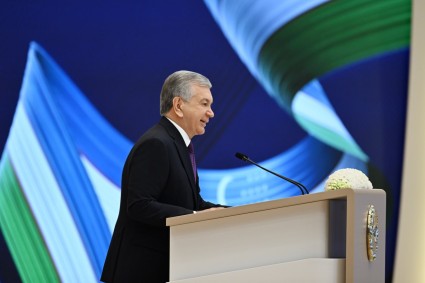One evening last December, a crane lifted construction workers to the top of the ornate arched entrance to Uzbekistan’s biggest commercial market. Overnight, they replaced the huge letters spelling out its title, Reuters’ story said.
It was more than just a name change.
The rebranding of Abu Sahiy, the imported goods market, as Tashkent Silk Road was part of a shake-up at the market that marked a milestone in President Shavkat Mirziyoyev’s drive to reform Central Asia’s most populous nation.
Mirziyoyev has been moving cautiously since being sworn in on Dec. 14, 2016. But the overhaul of Abu Sahiy sent a signal that change is under way in one of the world’s most isolated states, a producer of gold, natural gas and oil.
Autocrat Islam Karimov’s 27 years in power had left Uzbekistan’s economy stagnant and its consumer market of 32 million largely undeveloped. His family still controlled lucrative businesses when he died in office in September 2016.
But by the time the workers changed the name above Abu Sahiy on Dec. 21, Karimov’s younger daughter had quietly relinquished ownership of it, two sources familiar with the situation said.
Lola Karimova-Tillyaeva and her husband, Timur Tillyaev, have never said in public who owns the market and controls the logistics companies linked to it.
But a financier close to the government and an entrepreneur who works with the market confirmed the couple had owned Abu Sahiy until late last year.
For Karimova-Tillyaeva, 40, giving up the money-spinning market meant the loss of a prize asset that had helped her afford a lavish lifestyle abroad with her husband and children.
For Uzbekistan’s economy, the change of ownership ended what had been a quasi-monopoly at the market. This opened Uzbekistan’s entire consumer goods sector to competition because almost all imported consumer items pass through the market.
“It was very hard before to import anything, everything was done either through Abu Sahiy or using some crazy smuggling trails,” said a businessman involved in Uzbek cross-border trade who requested anonymity.
“Now, things have become easier to do... Many people from Tashkent and the nearby area have started actively traveling to Kazakhstan to buy something, from bananas to home appliances, mobile phones and computers.”


